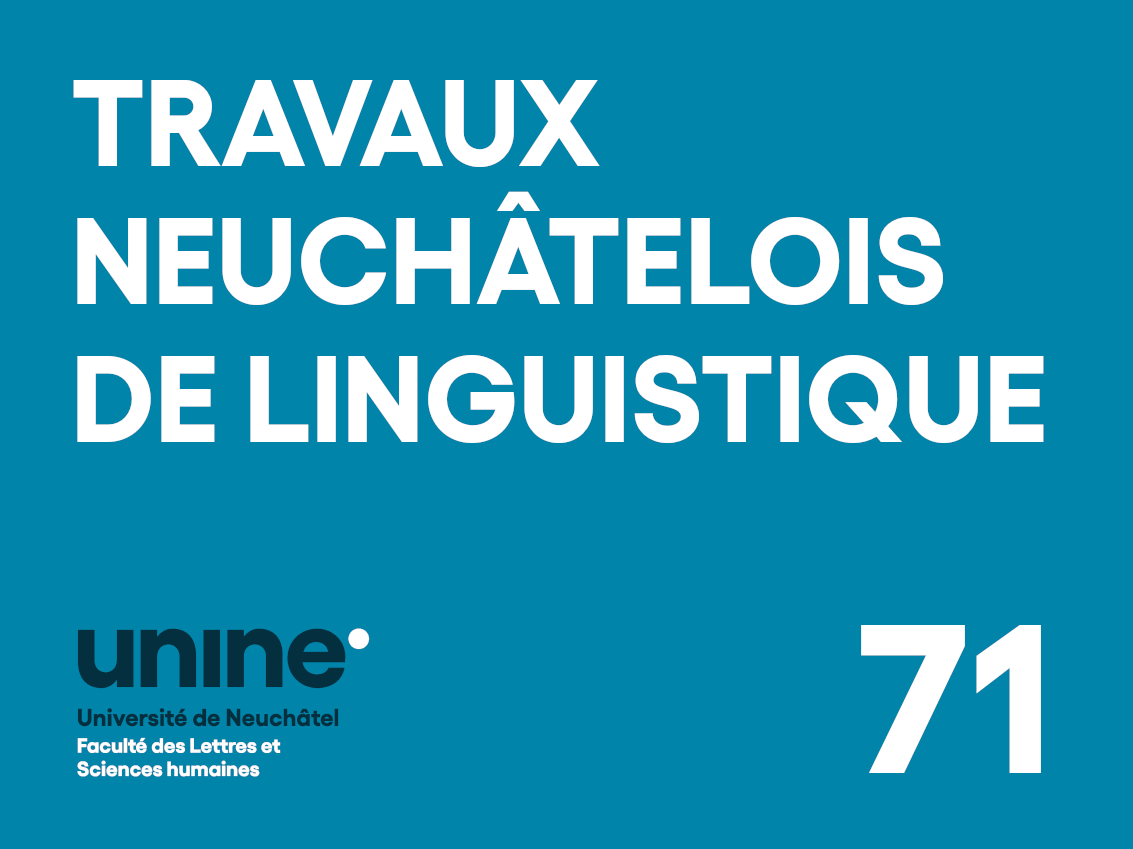Novel noun and verb learning in mono- and multilingual children
DOI :
https://doi.org/10.26034/tranel.2019.2994Résumé
This study investigates how mono- and multilingual German-learning first-graders learn nouns and verbs in a child-friendly computer game, testing perception and production of the new words. On the basis of previous research reporting cognitive advantages for multilingual children in cognitively complex situations, we expected multilingual children to outperform monolinguals when learning cognitively complex verbs, but not nouns. In the perception task, we indeed reveal a significant advantage for verbs in multilingual children. There were, however, no differences in production tasks. Thus, although overall word-learning skills are very similar in typically developing mono- and multilingual children, verb learning may be an area of relative strength for multilinguals.Téléchargements
Publié-e
01-01-2019
Comment citer
Skoruppa, K. (2019). Novel noun and verb learning in mono- and multilingual children. Travaux neuchâtelois De Linguistique, (71), 109–123. https://doi.org/10.26034/tranel.2019.2994
Numéro
Rubrique
Article varia


